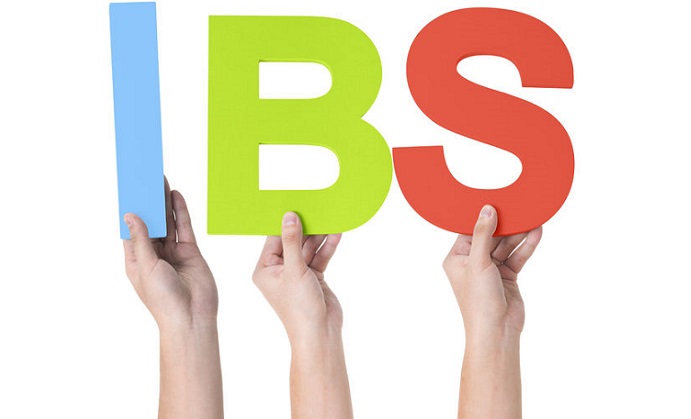Irritable Bowel Syndrome, or more commonly shortened to IBS, is a syndrome that occurs in a person’s gastrointestinal tract. More specifically, the problem is located within the colon, or large intestine. To learn more about what IBS is, read this link from WebMD.
Symptoms
People who are suffering from IBS usually experience four main symptoms: abdominal pain, bloating, gas/flatulence, and changes to their bowel movements.
The abdominal pain usually appears as stomach cramps. These cramps can occur after eating a meal. Sometimes, the pain can be subdued by going to the bathroom and having a bowel movement.
Bloating happens when the abdomen becomes very tight or swollen. Usually, you will feel like you are very full, to the point of being uncomfortable. The swelling of the abdomen caused by bloating is not always visible, but sometimes, you will be able to notice it.
Gas or Flatulence could be considered one of the most embarrassing symptoms of IBS. When you have a flare-up, you tend to need to pass gas more often. Some foods, like dairy products, beans, fruits and vegetables, or other high fiber foods could also cause an increase in gas. Drinks that have caffeine or alcohol in them can also have a similar effect in your large intestine.
Changes in your bowel movement can mean two different things. IBS can cause both constipation and diarrhea, and it can switch between the two. Constipation, when related to IBS, can cause the need to strain to have a bowel movement, stool that is hard or lumpy, and it can cause you to poop less than four times in a single week. On the other hand, if you are having very loose stools, multiple times a day, you could be having IBS related diarrhea. This is also usually combined with a sense of urgency and need to have a bowel movement very often.
Lastly, sometimes IBS can cause you to find a clear, mucousy substance in your stool. Because your intestines are naturally lined with this mucous to help protect the cells, sometimes people with IBS find that when passing a bowel movement, this mucus will also come out.
When Should You Seek Treatment For Possible IBS?
If you notice one or more of these symptoms, it is a good idea to watch it to see if the symptom or symptoms will get worse. IBS can go through cycles of times where your stomach will feel better or worse. If you notice that the symptoms are persisting for more than 3 times per month, over the course of 3 months, it is a good idea to consult either your primary care physician or a doctor who specializes in the gastrointestinal tract.
As a treatment, doctors can prescribe a range of options, from a change of diet, to different supplements or medications. The ultimate goal of treatment is to find ways to manage your IBS symptoms so you can live a normal lifestyle.
Conclusion
Overall, if you find you are suffering from any of the four above stated symptoms, you may be living with Irritable Bowel Syndrome. It is important to watch these symptoms, and if they persist, consult with a doctor. There are many ways to help manage the symptoms so that you can continue living a healthy, full lifestyle.
Do you want to find an effective IBS treatment? Check out our top rated IBS products












